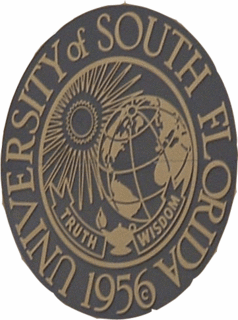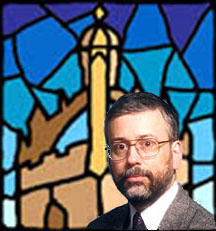
Both
Mike and
Raf have been asking questions that I have been mulling over, off and on for nearly five years now, still with no epiphany! I was hoping that one of them might come up with an answer plausible enough that It would become the 'consensus' view, and I could just cite them, and begin to use that space in my brain again for something else.
I think a set of corollary questions are: Just what is a Judaism? How do we make use of the various texts of the Second Temple period for a reconstruction of history and theology? And the big question for me is then how can we use this information to better understand Paul, Jesus, Pharisees, or whatever is of interest to us, without manipulating it to say what we want it to say?
Some of the various attempts at describing Judaisms can be polemically explained and dismissed by the rhetorical genius that is Jacob Neusner, in a number of his writings, I don't have the book with me but will post it, after I hop over to USF.
I am aware of Philip Esler's socio-scientific explanation of ethnicity, but found it hard to swallow, but that may simply be because it was a foreign idea to me, and sometimes it takes time for those types of ideas to penetrate my thick cranium.
Enter Francis Watson into the fray, with some of the comments he makes in his, Paul and the Hermeneutics of Faith. Where he poses the question of what it might mean to call Paul a Jew? The short answer for Watson is found in Rom 3.1-2 where Paul places unique significance of being a Jew in the reception, preservation, and propagation of the scriptures. Jews are those who possess, cherish, study, teach, and argue about the scriptures. Therefore to call Paul a Jew is to say that he reads the same texts as his fellow Jews, but reads them differently. The thesis is that all Jews interpret the same texts, the Torah and the Prophets; they interpret these texts in order to interpret the world around them.
[1]In all fairness Francis is only setting up a fruitful way of engaging the various texts, he is not out to answer the question of what it means to be a Jew qua Jew. Careful to distance himself from an essentialist view of Judaism, he offers an interesting way into the texts without having to deal with the anachronisms that Judith Lieu has been warning about.
[2]----------
[1] Francis Watson, Paul and the Hermeneutics of Faith. (London T & T Clark, 2004), 1.
[2] Francis Watson, xi.













